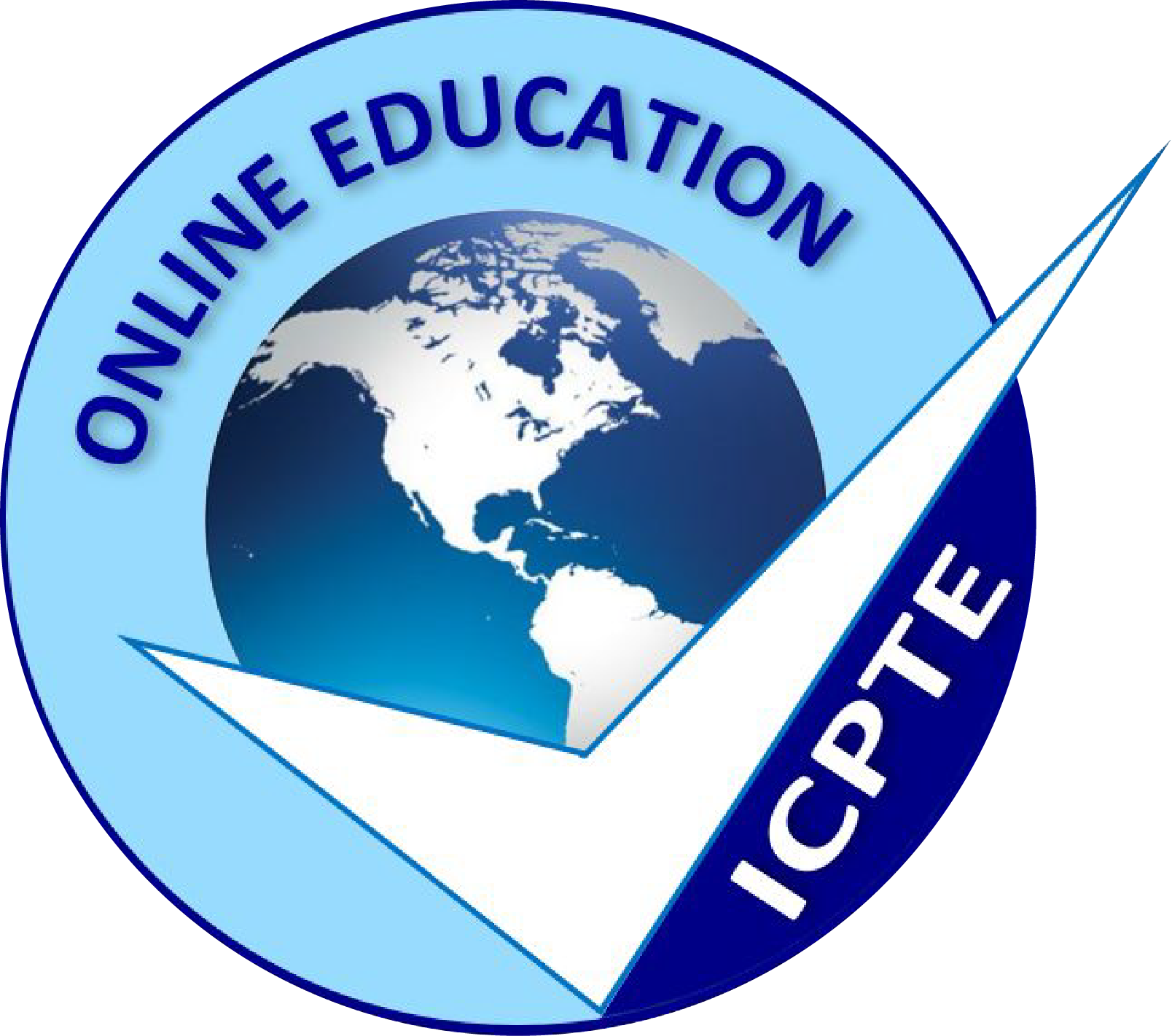5 CPD
Course Description
This course provides a brief description of the AIFM Law on Portfolio Management and describes in detail the Global Macro Strategy. A Global Macro Strategy is a hedge fund or mutual fund strategy that bases its holdings primarily on the overall economic and political views of various countries or their macroeconomic principles.
It provides an overview of the different types of Global Macro Strategies (i.e. Currency strategies, Interest rate strategies, Stock index strategies) and the different types of Global Macro Funds (i.e. Discretionary, Systematic or Commodity Trading Advisors (CTA)) and explains what Global Macro is. Generally, macro traders look for unusual price fluctuations that can be referred to as far-from-equilibrium conditions.
It explains the Relative Value/Perceived Arbitrage and the Directional/Mean Reversion. The Relative Value/Perceived Arbitrage trades are usually the most common type found in Global Macro portfolios. The Directional/Mean Reversion refers to an outright long (short) position in an asset given the expectation that it will increase (decrease) in value over a given period of time.
This course also explains one of the most popular macro trades, the “carry trade” and the main source of return for most systematic macro managers, the “Momentum/Trend Following”. It provides a brief explanation of the “Long Volatility” and different generic and specific examples. It provides an Insider’s View of the Discretionary Global Macro.
It also describes the Event-Driven Strategies. An Event-Driven Strategy is a type of investment strategy that attempts to take advantage of temporary stock mispricing, which can occur before or after a corporate event takes place. It provides a real-life example and other various examples.
Furthermore, this course describes the Value Investing Strategies and explains why stocks become undervalued, the risks with value investing and provides various examples.
Topics covered
The course is split into the following sections:
Section 1: Global Macro Strategy
- Introduction
- Foreseeing the future
- Example of Returns
- Managers shift to Global Macro
- Types of Global Macro Strategies
- Classification
- Types of Global Macro Funds
- Victor Niederhoffer
- A telling trade
- History Repeating?
- What Global Macro Is
- How to Gain
- Return Decomposition
- Relative Value/Perceived Arbitrage
- Directional/Mean Reversion
- Currency Carry
- Momentum/Trend Following
- Long Volatility
- Example – Tail Trading
- Tail Trading Strategy
- Tail Trading Performance
- Tail Trading Caveats
- Tail with a Variance?
- Generic Examples
- Specific Examples
- Discretionary Global Macro – An Insider’s View
- In a nutshell
- Performance (pre-Covid)
- Performance Comparison
Section 2: Event-Driven Strategies
- Introduction
- Hedge vs Usual Funds
- The Mechanics
- Real-Life Example
- What happened?
- How much could one profit?
- Messed Up Example
- Mergers and Acquisitions
- Events and Distress
- Through the Cycle
- Examples
- Howard Marks
Section 3: Value Investing Strategies
- Introduction
- Why Stocks Become Undervalued
- Value Investing Strategies
- Risks with Value Investing
- An Example
- It’s loooooooong-term
- How Long Do You Wait for An Undervalued Stock to Recover?
- Examples
- MSFT
- APPL
- LMT
Course Duration
This course may take up to 5 hours to be completed. However, actual study time differs as each learner uses their own training pace.
The course is addressed to:
This course is addressed to all individuals who are involved in the Funds’ industry such as:
- Executive Directors, Non-executive directors, Senior Managers, Risk Managers, Asset Managers, Compliance Officers, Product Managers, Portfolio Managers, Investment Advisors, Dealers, Marketing Managers and in general employees of investment firms, UCITS, Funds and Fund Managers.
- Fund Administrators
- Fund consultants
- Internal Auditors
- Professionals in the Funds’ industry
- Lawyers
- Accountants
It is also suitable to professionals pursuing CPD for the renewal of CySEC Certificate (CySEC Basic and CySEC Advance Certificate) or other relevant professional certificates in other jurisdictions.
Training Method
The course is offered fully online using a self-paced approach. The learning units consist of power point presentations. Learners may start, stop and resume their training at any time.
At the end of the course, participants take a Quiz to complete the course and earn a Certificate of Completion once the quiz has been passed successfully.
Accreditation and CPD Recognition
The course may be accredited by regulators and other bodies for up 5 CPD Units, that require CPD training in financial and other regulation.
Eligibility criteria and CPD Units are verified directly by your association, regulator or other bodies in which you hold membership.
Registration and Access
To register to this course, click on the Take this course button to pay online and receive your access instantly. If you are purchasing this course on behalf of others, please be advised that you will need to create or use their personal profile before finalizing your payment.
Access to the course is valid for 90 days.
If you wish to receive an invoice instead of paying online, please Contact us by email. Talk to us for our special Corporate Group rates.
Instructor
With more than 10 years of experience, Nektarios is an expert in the financial services industry, having worked in key roles at investment funds, CIFs and other service providers. His exposure to the industry allowed him to gain knowledge in a variety of vital investment functions.
Complementing his practical knowledge of the industry, Nektarios also holds a number of professional and academic qualifications, including CySEC’s Advance Certification. He is currently employed by an Investment Fund.
See more Courses from Nektarios Michael


